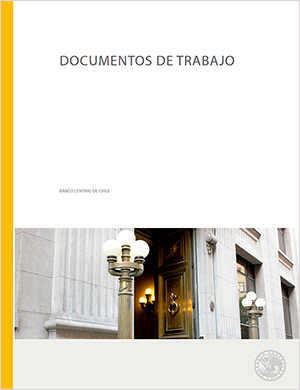Welfare Effects of Fiscal Procyclicality: Public Insurance with Heterogeneous Agents
Publications
Working Papers N°863: Welfare Effects of Fiscal Procyclicality: Public Insurance with Heterogeneous Agents
Autor: Alvaro Aguirre
Description
This paper pursues a welfare analysis of fiscal policy, specifically public spending, in an economy with heterogenous agents and incomplete markets. The main quantitative exercise consists in measuring the gains of switching from the (procyclical) spending path of the typical developing country to an acyclical or countercyclical path. The model emphasizes the role of transfer payments from the government to households in alleviating the costs of idiosyncratic shocks. Since these correlate with aggregate shocks, the way fiscal policy is conducted along the business cycle has important welfare effects. I find that the costs of procyclicality are relatively large and very heterogeneous. While wealth-rich agents don't suffer from procyclicality, poor agents, being either unemployed or unskilled, lose the most. In terms of life-time consumption equivalents these agents may lose as much as 2% from fiscal procyclicality, considering only the fraction of spending that is allocated as transfer payments.
Working Papers N°863: Welfare Effects of Fiscal Procyclicality: Public Insurance with Heterogeneous Agents
Boxes and graphics

